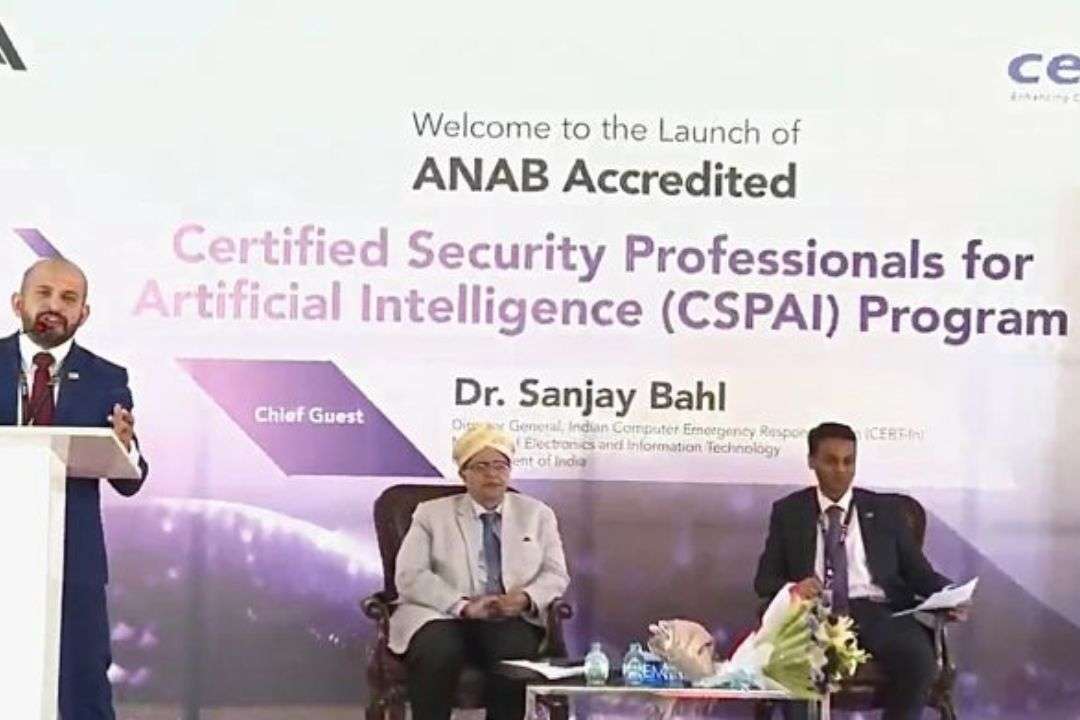Energy cooperation took center stage as the Minister of Petroleum & Natural Gas of India, H.E. Hardeep S Puri, made an official visit to Brazil from September 19th to 21st. The visit, extended by invitation from H.E. Alexandre Silveira, the Minister of Mines & Energy of Brazil, sought to deepen ties in the oil and gas sector. Minister Puri was accompanied by a delegation of representatives from Indian oil and gas companies across both upstream and downstream sectors, reflecting the growing importance of bilateral collaboration in the energy domain.
During this visit, the two sides engaged in discussions to evaluate the current state of collaboration within the energy sector. This included a review of Indian investments in upstream activities, as well as an exploration of how to foster mutually beneficial trade relations and cooperation in sustainable fuel initiatives, particularly in the realm of biofuels. The dialogue underscored Brazil’s growing importance as a key destination for Indian oil and gas investments, reflecting the deep trust that Indian companies have placed in the Brazilian market.
Both countries expressed a shared commitment to discovering new avenues for enhancing the presence of Indian businesses in Brazil, with a particular focus on identifying fresh investment opportunities in producing assets. Recognizing the synergies present in their trading relationships, they also committed to seeking innovative mechanisms to bolster trade between India and Brazil. The mutual understanding of the complementarities in their economies was emphasized as a cornerstone for future collaboration.
As founding members of the Global Biofuels Alliance, India and Brazil reiterated the pivotal role this alliance plays in promoting biofuels as an essential element of the global energy transition. Both nations acknowledged that biofuels not only contribute to environmental sustainability but also stimulate socioeconomic development, aligning their goals for a cleaner energy future.
The Indian delegation congratulated Brazil on its successful hosting of the G20 Summit, particularly highlighting the focus on sustainable fuels and the social dimensions of energy transitions. There was a strong belief that Brazil’s leadership will further advance the G20’s agenda for inclusive and sustainable development, building upon the momentum generated during India’s presidency in 2023.
Looking ahead, the two sides expressed eagerness to co-host the India-Brazil Clean Cooking Ministerial Meeting, scheduled for February 2025 during the India Energy Week. This meeting aims to explore collaborative pathways to enhance global access to clean cooking solutions, thereby promoting healthier and more sustainable living environments.
Discussions also extended to potential collaboration in deep and ultradeep explorations in the Indian offshore Acreages, highlighting a commitment to advancing shared interests in resource development. Furthermore, an initial dialogue was initiated regarding cooperation in the domain of critical minerals and their associated value chains, recognizing their significance in the broader energy landscape.
In a Joint Statement focused on Biofuels and Sustainable Aviation Fuels (SAF), the two nations acknowledged their advantageous positions as leading biofuel producers. They discussed the potential for collaboration in the production and utilization of SAF by capitalizing on their existing ethanol and biodiesel infrastructures, while also tapping into their extensive agricultural resources.
Currently, while SAF represents a mature pathway for decarbonizing the aviation sector, it accounts for only a small fraction (0.3%) of total aviation fuel consumption. Both sides recognized that achieving net-zero emissions in aviation will necessitate collaborative efforts to tackle significant challenges related to SAF production, including issues related to feedstock availability, high production costs, and the need for robust infrastructure to support large-scale manufacturing.
Moreover, the importance of establishing consistent international standards was highlighted, particularly those defined under the Carbon Offsetting and Reduction Scheme for International Aviation (CORSIA/ICAO). The principle of technological neutrality was reinforced, emphasizing that various technological pathways and raw materials should be accepted in the sustainable production of aviation fuels.
The ministers noted that a partnership between India and Brazil in the SAF sector could significantly advance the deployment and growth of this industry. By leveraging regional value chains, the two countries could enhance the production, trading, distribution, and certification processes for SAF, thereby improving its availability, affordability, and reliability.
Proposed modes of cooperation included optimizing ethanol production from diverse sources, promoting technology exchange, and conducting joint research and development initiatives aimed at refining SAF production processes. Additionally, sharing regulatory and policy frameworks would encourage investments in SAF production, while collaboration in research, development, and innovation (RD&I) could enhance the technology readiness levels of various production pathways.
Both nations acknowledged that their collaboration represents a strategic partnership that aligns with their shared goals of sustainable development and carbon reduction. By combining their resources, expertise, and technological capabilities, India and Brazil are poised to take a leading role in the global transition towards lower emissions in aviation. This partnership not only addresses pressing environmental challenges but also paves the way for new economic and technological advancements within the biofuels sector.
Ultimately, the ministers emphasized that this comprehensive partnership signifies a pivotal milestone in India-Brazil relations. By aligning their efforts with shared sustainable development goals, they aim to not only lead the charge towards cleaner aviation but also support other members of the Global Biofuels Alliance in their decarbonization journeys, paving the way for a future characterized by cleaner skies and sustainable energy solutions.








